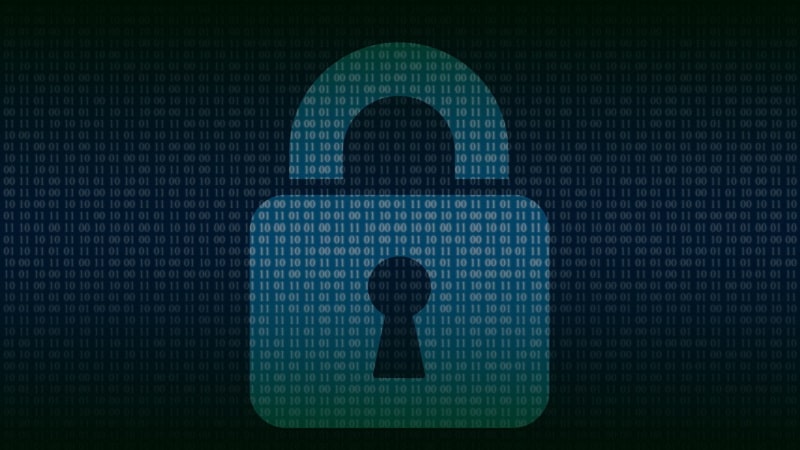
Government organizations worldwide are making a strong push toward adopting zero trust security architectures, and at a rate exceeding that of business organizations at last check, according to a new report from IT service management provider Okta.
The report – based on a survey of 700 security leaders worldwide – says that “government organizations are ahead of their peers generally in their adoption of Zero Trust initiatives, and have plans to make steady progress adopting specific identity projects that support a Zero Trust strategy over the next several months.”
According to the report, 72 percent of government organizations accounted for in the survey have a “defined zero trust initiative today,” versus a 55 percent figure globally that includes business organizations.
The report notes that zero trust adoption among U.S. government organizations is being driven by policy directives, including “recent government mandates demanding bold, swift action on cyber modernization (and not just incremental improvements), including clear actions that federal agencies must meet in the not-too-distant future.”
Federal government agency migration to zero trust security architectures is one of the main directives in President Biden’s cybersecurity executive order issued in May 2021.
“Around the world, a higher percentage of government organizations experienced a significant increase in budget over the past 12 months to support their Zero Trust initiatives,” the report says. It adds, “in the case of the U.S. government, the White House’s federal Zero Trust strategy is unfunded, but agency applicants can access funding to support Zero Trust initiatives via the Technology Modernization Fund (TMF).”
“Today, Zero Trust is no longer a theoretical idea – it’s an active initiative for virtually every company with a digital footprint, though many organizations still have a long way to go to truly reap the rewards of an advanced Zero Trust security architecture,” Okta said in a summary of the report, which marks the fourth annual edition of the survey.
Since the initial report in 2019, Okta said that “many of the same challenges that dramatically accelerated the adoption of Zero Trust then are still in play today.”
“Hybrid or remote knowledge workers spend 65 percent less time in offices than they did before the COVID-19 pandemic and meet with their teams in person two days a week,” the report says. “Turns out this was not just a pandemic-driven spike in remote work: It was a fundamental shift in the way global workforces operate. Similarly, gaps in identity protection, sometimes exacerbated by accelerated shifts to cloud and digital, continue to challenge
organizations large and small, as threat actors take advantage of disappearing network perimeters and fast-evolving ecosystems.”
